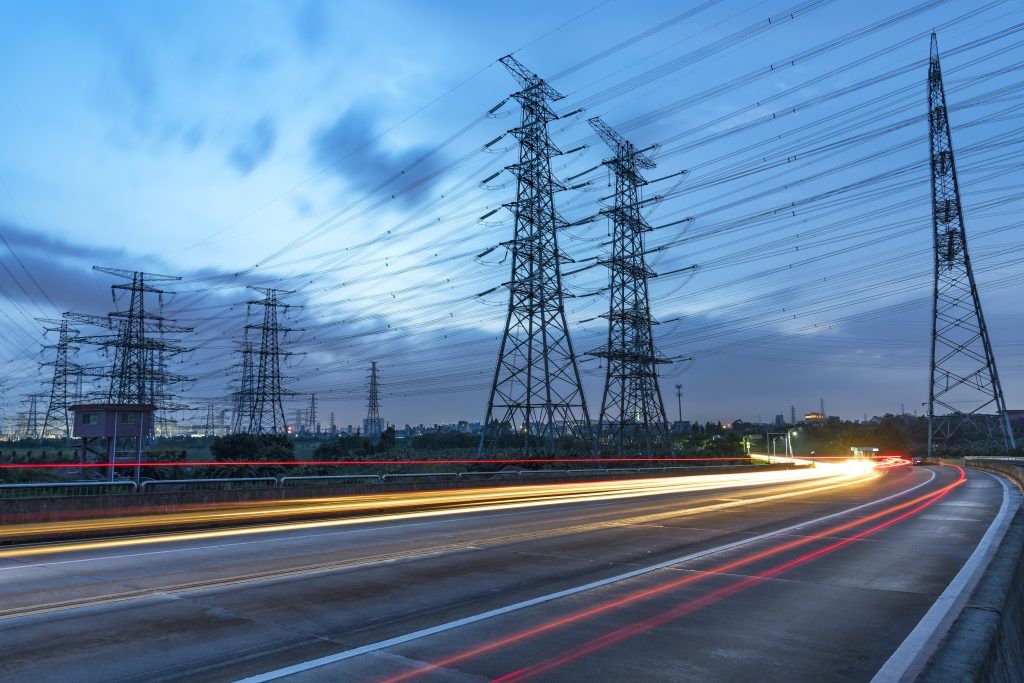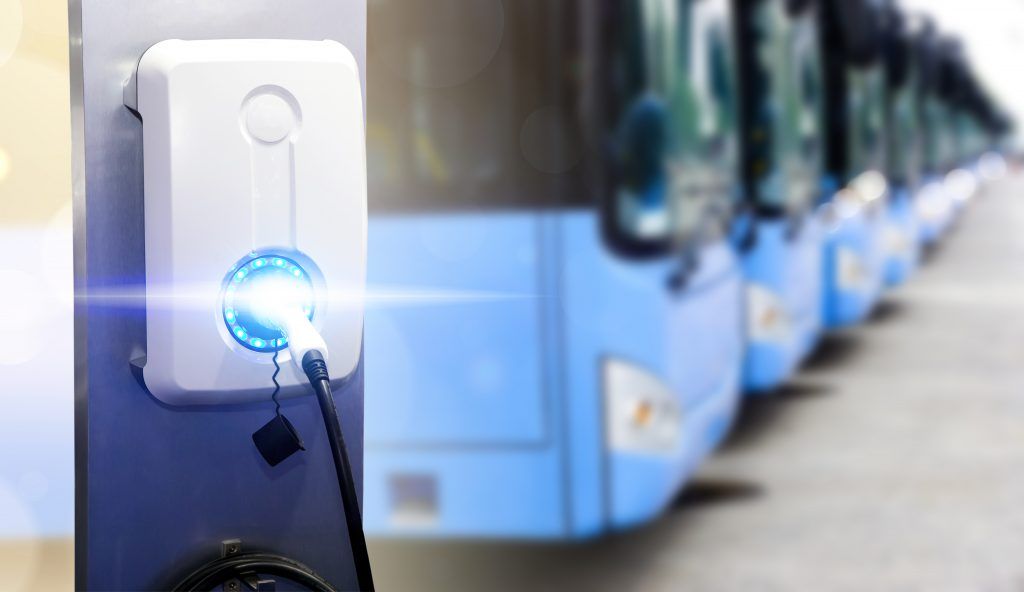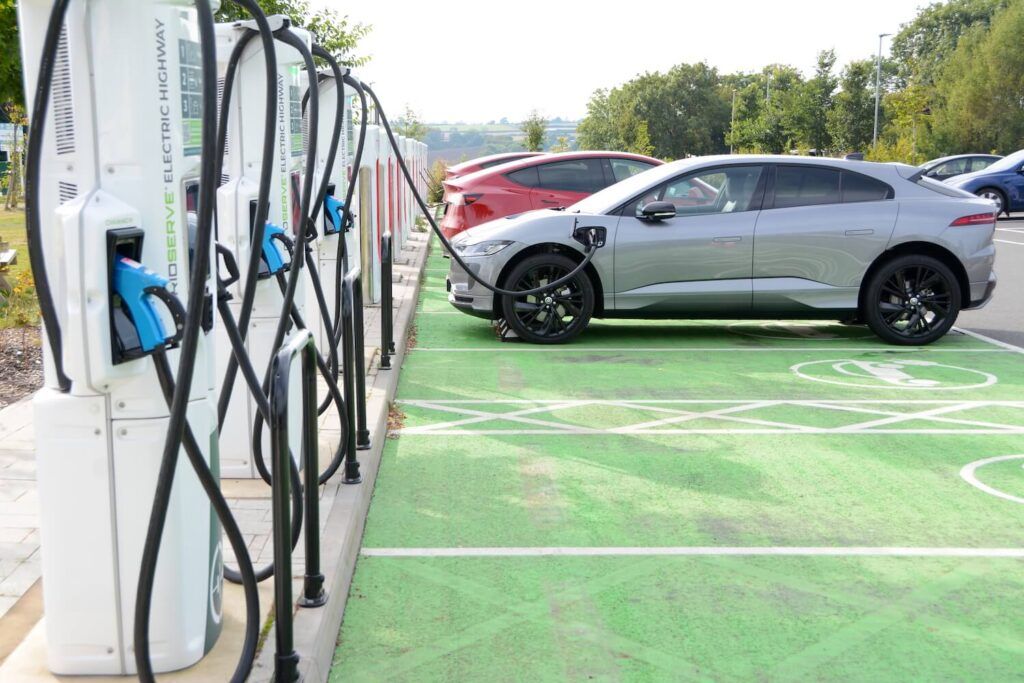Energy network operators have come together to announce 24 innovation ‘way points’ the UK needs to follow to keep our transition to a decarbonised energy grid on track.
The way points include the development of new materials by 2026, the creation of a strategic planning body for high energy users by 2028, and anonymised data sharing across the sector by 2030.
By 2040, they also said networks would benefit from having technology in place that uses AI to adapt to changing conditions and infrastructure, so it can deal with the greater temperature range expected from climate change.
The way points were announced following the publication of Energy Networks Association (ENA)’s Innovation Strategy Update, which this year included an Energy Innovation Atlas intended to describe the path forwards if the UK is to meet its decarbonisation targets within current timings.
The update was produced following extensive consultation with the energy sector on what their innovation priorities were for the years ahead, including identifying existing and emerging barriers to innovation.
These priorities translated into a focus within the update on a range of aims including improving data sharing across different sectors, the need for the development of new materials, improvement to the UK’s supply chains and reform of our planning processes.
The Atlas expands on what this means for strategic planning and the key areas where innovation and collaboration need to be focused. The Atlas, which was created following a survey and research conducted with over 300 energy sector professionals, also reflects the priority of focusing on the needs of consumers, particularly those with accessibility needs or specific technical requirements.
Dan Clarke, Head of Innovation, Energy Networks Association, said:
“The message we have heard this year is the need for those decision-makers supporting and coordinating innovation to empower networks to move faster. Equally there’s the desire for projects to scale up and achieve their goals.
“The Energy Innovation Atlas provides a guide to those planning strategic innovation within energy networks, if this innovation is to successfully support the UK in meeting our decarbonisation goals within current timeframes. Networks recognise the central role they play supporting the decarbonisation of the UK and in providing the foundation for the greater use of low-carbon technologies.
“Exploring the timeline to 2050 reveals long lead times for commercialising innovative solutions and the large amounts of investment that infrastructure development requires. This means we need to be sure we are pursuing the right innovative solutions and technologies today to ensure our energy networks are suited to tomorrow’s challenges.”
Image from Shutterstock












